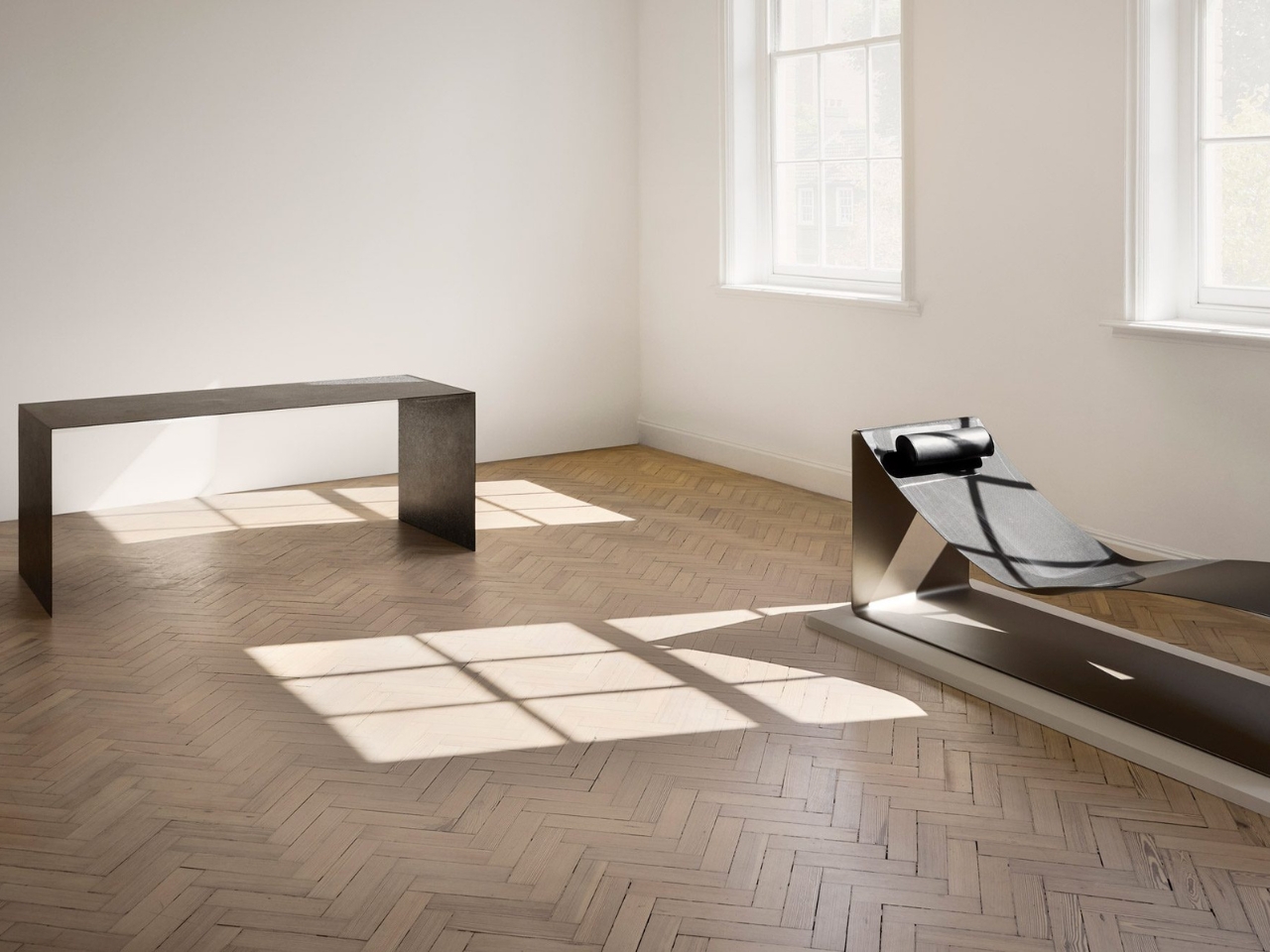
"The use of carbon‑fibre gives the pieces an extraordinary strength‑to-weight ratio, allowing Woodgate to create forms that appear to float while remaining robust enough for everyday use. The table's thin, lattice‑like top rests on barely visible supports, creating a visual effect of suspended space. The desk follows the same principle, offering a clean work surface without the bulk of conventional wooden or metal frames."
"Sustainability is a core narrative of Lightness of Form. By sourcing recycled carbon‑fibre, Woodgate reduces the environmental impact associated with producing new composite materials. The process also diverts waste from industries such as aerospace and automotive, where carbon‑fibre is often discarded after a single use. This circular approach aligns with growing consumer demand for eco‑friendly design solutions that do not compromise on aesthetics or performance."
Terence Woodgate's Lightness of Form uses recycled carbon‑fibre as the structural backbone for contemporary furniture including a table, desk, chaise longue, chair, and a cabinet in development. Each piece leverages reclaimed composite material to achieve an exceptional strength‑to‑weight ratio that enables floating, transparent forms while remaining suitable for everyday use. Thin lattice tops and barely visible supports create suspended visual space, and the chaise longue pairs a gently curving seat with a transparent frame. Sourcing reclaimed carbon‑fibre diverts waste from aerospace and automotive industries and reduces the need for new composite production. Smooth woven strands form continuous organic curves, a neutral palette foregrounds texture, and the material's inherent sheen lends a subtle futuristic quality that balances industrial precision with organic fluidity for versatile contemporary interiors.
Read at Yanko Design - Modern Industrial Design News
Unable to calculate read time
Collection
[
|
...
]